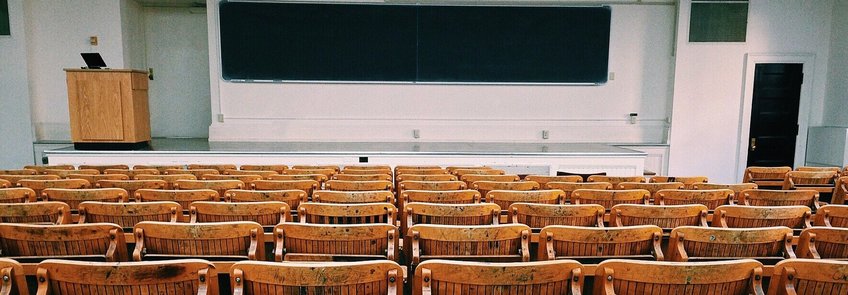
Quantum Information (WS19/20)
Lecture "Quantum Information" (winter term 2019/20)
Lecturer: Norbert Schuch
Overview
Quantum Information is concerned with the study of quantum mechanics from the point of view of information theory, as well as with the use of quantum mechanical systems for the purpose of information processing and computation. On the one hand, this includes quantum information theory, with topics such as quantum teleportation, the transmission of information through quantum channels, quantum cryptography, and the quantification of quantum entanglement as a resource for the aforementioned tasks. On the other hand, it involves quantum computation, i.e., computation based on the laws of quantum mechanics, covering topics such as quantum algorithms, quantum error correction, and the physical realization of quantum computers.
This lecture will provide a comprehensive introduction to the field of Quantum Information. Planned topics include
- States, evolution, and measurement
- Quantum entanglement
- Quantum channels
- Quantum cryptography
- Quantum computation and quantum algorithms
- Quantum error correction
Prerequisites
Solid knowledge of Linear Algebra is essential for this lecture. Knowledge of quantum mechanics is useful, but not necessary. (However, please let me know in advance if you have no prior knowledge of quantum mechanics.)
Material
Lecture notes
Lecture 1 (18.10.): I. Introduction.
Lecture 2 (25.10.): II. The formalism: States, measurements, evolution. Pure states, unitary evolution, projective measurements.Composite systems.
Lecture 3 ( 8.11.): II. The formalism: States, measurements, evolution. Mixed states.
Lecture 4 (15.11.): II. The formalism: States, measurements, evolution. The Schmidt decomposition and purifications. POVM measurements. General evolution: Superoperators.
Lecture 5 (22.11.): II. The formalism: States, measurements, evolution. General evolution: Superoperators.
III. Entanglement. Introduction.
Lecture 6 ( 6.12.): III. Entanglement. Bell inequalities. Applications of entanglement: Teleportation.
Lecture 7 (13.12.): III. Entanglement.Entanglement conversion and quantification (See also this review by Nielsen and Vidal).
Lecture 8 (20.12.): III. Entanglement. Mixed state entanglement.
Lecture 9 ( 10.1.): IV. Quantum Computation. The circuit model. Oracle-based algorithms.
Lecture 10 (17.1.),
Lecture 11 (24.1.): IV. Quantum Computation. Oracle-based algorithms. The Quantum Fourier transform, period finding, and Shor's algorithm. Grover's algorithm.
Lecture 12 (31.1.): V. Quantum Error Correction. Introduction. The 9-qubit Shor code. Quantum Error Correction Conditions.
Exercise sheets
Exercise Sheet 1
Exercise Sheet 2
Exercise Sheet 3
Exercise Sheet 4, Solutions to problems 1, 2 and 3, Solution to problem 4.
Exercise Sheet 5
Exercise Sheet 6
For any questions regarding the exercise sheets, feel free to contact me (Jiri Guth Jarkovsky) at jiri.guth.jarkovsky@mpq.mpg.de
Literature
Main texts
J. Preskill, Quantum Computation lecture notes.
M. Nielsen and I. Chuang, Quantum Information and Computation. (Cambridge University Press, 2010)
Other lecture notes: Mark Wilde, Reinhard Werner
Further reading:
A. Peres, Quantum Theory: Concepts and Methods (Kluver Academic Press, 2002)
Organisatorial issues
The lecture takes place Friday 14:00-16:00 in Lecture Hall 2 (Hörsaal 2).
Tutorials for the lecture are offered on a voluntary basis. The tutorials will take place every Friday after the lecture from 16:00-17:00, starting Oct. 25th, in room PH2271, and will be given by Jiri Guth Jarkovsky.
See also the TUM Online entry for this lecture.